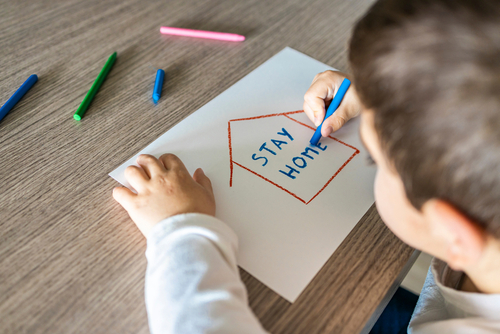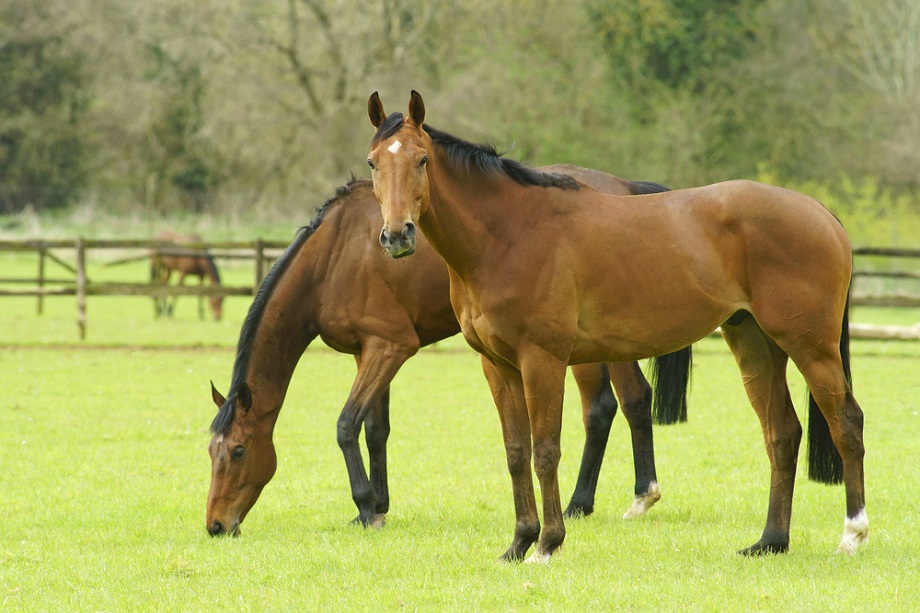
Home Edding and Money Matters
I want to get to the bare bones of the matter – how much does home-education cost? Do you need to be seriously loaded to home-educate?
Like Angelina Jolie you mean?
Exactly. She home-schools and she’s a multimillionaire…
And therefore, only multimillionaires can home-school?
Well, people with money to spare.
Not at all. My children have been home-educated through times we were seriously strapped for cash, renting, moving house every two years, living on benefits, arguing about which cheese we could afford or bickering about the price of broccoli.
Most home-educators I know are normal people with normal incomes, in fact they’ve usually got less money because they are home-educating instead of working, earning and building up a career or business.
How did you do it?
A lot of what we do is free; walking on the moors doesn’t cost anything, neither does Park Run or swimming in a river. Additionally, our local council runs lots of free activities for children in the school holidays, which we often take part in, many local museums are free and others will have open days where admission is free, and libraries are always free to use.
Then there are dozens of ways to do things on the cheap – we buy most of our books/toys from charity shops, car boot sales or ebay, for example. We go camping in term time which saves money, and buy annual passes to museums and the like so we can keep returning for free.
Isn’t that hard for your kids?
Not at all.
I’ve found it’s more fun to do things cheaply and needs more initiative. If you have money, you just go into a shop or buy exactly what you want online. We have to think around things and problem-solve, it’s less predictable and a lot more fun that way.
What do you spend money on?
Where we do buy something expensive, I make sure we need it and it’s going to make our lives significantly better. All my kids have learned to swim even though swimming lessons are expensive, for example. When they fell in love with road cycling, we bought them good road bikes (second hand, but they still cost a lot) but that gave them a lot of freedom and they learned so many life lessons through cycling. My dyslexic daughter had specialist tuition every week for three years, which was necessary but expensive. And I’ve also paid for workbooks, courses and exams, which all adds up, but if it helps give my children a broad education and opens options for them; it’s worth it.
Money does help then?
Of course, having enough money to afford some luxuries makes home-educating easier and more pleasant – having a car, for example, makes a massive difference to our lives. I know people who home-educate without a car, but I’d struggle.
It’s like anything in life. Having enough money helps and makes it easier, but just being rich and chucking loads of money at it willy nilly, won’t turn a bad home-educating experience into a good one.
You have a degree, is that necessary to home-educate?
No. I’ve known successful home-educators who didn’t go through higher education.
Is home-schooling easier for educated parents?
The bulk of our home-schooling, especially in the early years, is based around play, experiencing and exploring. I found being enthusiastic, enjoying being with my children and doing activities with them were essential, but a degree isn’t. When I did introduce lessons, they were so light at first that anyone who can read, write and do arithmetic could teach what I did. The main thing it took was patience, consistency and time.
What about educating older children? Do you need an education or teaching experience to do that?
Even for older children, a lot of the home-schooling we do is practical – doing projects, reading, going out, thinking about things, playing games etc. Again, I’d say that enthusiasm, time and life-experience are the most important things here and formal qualifications are irrelevant.
What about GCSEs/iGCSEs?
At the end of my degree I did know one thing; how to pass exams. Actually, if I’d been a better student, I would have known that after GCSEs but I was a late developer! When I prepared my children for their iGCSE/GCSE exams, we basically hit the past papers and used YouTube/textbooks to research whatever we didn’t understand until we’d covered the whole syllabus.
I did use the “exam passing skills” I’d learned at university to get my children through GCSEs. In this way my degree was helpful, but I think just about any adult could do the same whether they’d been to university or not. Also, there are so many online tutors and distance learning courses that you can always get help if necessary.
The last stage of revision for GCSEs does take a lot of my time and it is hard work for me and my children, so I’d say that putting the time and work in is essential, but qualifications aren’t.
You’ve mentioned time and work a few times now…
Absolutely. I’d say that every successful home-educator I’ve met (by which I mean they’ve provided a good home-schooling experience for their children) has invested a huge chunk of themselves in the home-education. They’ve given their time, they’ve been engaged and available, and they’ve put nearly everything else on the back burner.
“Once there was a tree, and she loved a little boy…”
I wouldn’t go that far. You don’t have to die for home-schooling.
What have you put on the back burner?
My career.
In our family, I’ve stayed at home and done the home-schooling while my husband has gone to work and earned. Perhaps this wasn’t huge for the first five years or so, but now I haven’t been employed for over twenty years and doubt I’ll ever have a career or earn much (if anything). Meanwhile, my husband has been investing in his career and has a good income. I don’t have any regrets, but home-schooling isn’t compatible with a high-flying career.
Unless you’re Angelina Jolie.
Unless you’re Angelina Jolie.
Anything else?
Home-education has infused every corner of our lives, especially mine. A few years ago, I tried studying Arabic and was really enjoying it, but then I reached a point where I had to choose between pushing myself through Arabic and progressing, or home-schooling. I dropped Arabic.
I do have friends, but most of them are fellow home-educators or are very understanding and laid back. I don’t have a huge amount of free time, and that’s hard for some people to understand and accept. I’m not the easiest friend to have as I’m hardly ever ‘available’.
What about hobbies, me-time and interests?
Any hobbies and interests are now part and parcel of the home-education. I involve my kids wherever I can and turn my interests into family projects so the kids can join in if they want.








Responses